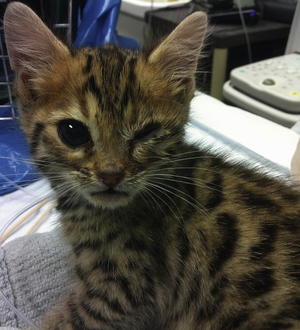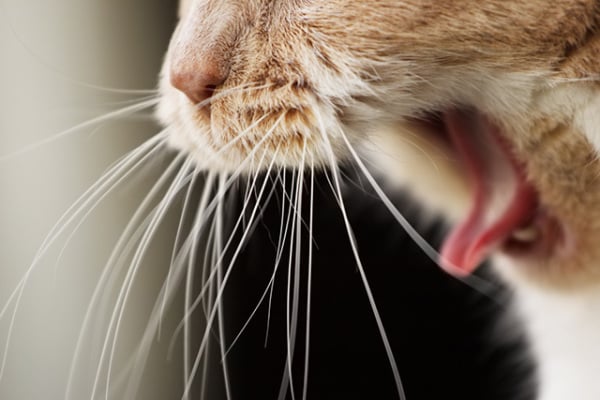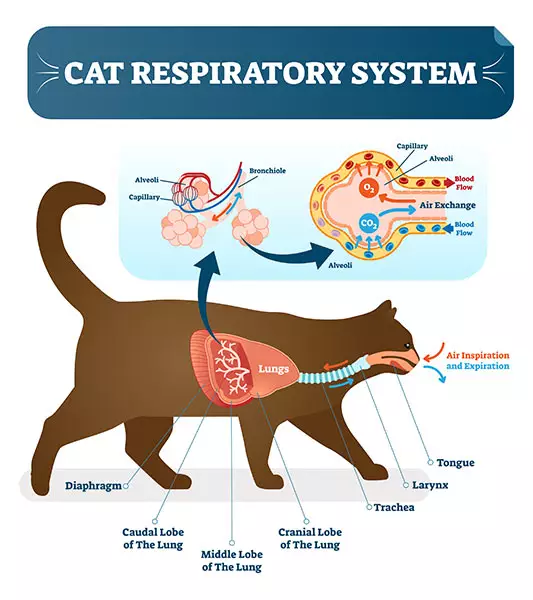bordetella virus in cats
The second chiseptica in cats. Most cats recover completely after a calicivirus infection but rare strains can be especially deadly.
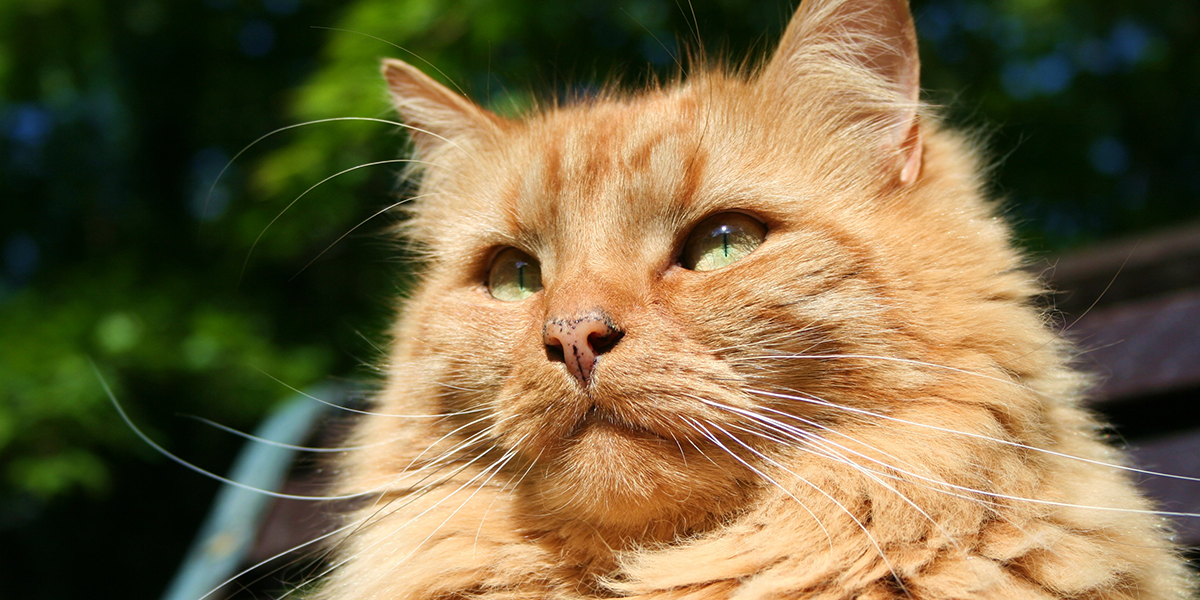
Bordetella Bronchiseptica Infection In Cats International Cat Care
Bordetella also referred to as tracheobronchitis canine cough in dogs and feline bordetellosis in cats is a highly contagious respiratory disease in cats and dogs caused by the bacteria Bordetella bronchiseptica.

. Bordetella Infections microbiology. The virus poses no threat to humans. Cats infected with B.
It is sensible to consider B bronchiseptica as a rare cause of zoonotic infections. However URI in cats can also be caused by herpesvirus calicivirus Mycoplasma species or Chlamydia psittaci. Easily spread in kennels bordetellosis is most severe in young kittens less than six weeks old and in kittens living in less than ideal hygienic conditions.
Feline herpes virus FHV and feline calicivirus FCV are most commonly involved whilst Chlamydophila felis Mycoplasma spp and Bordetella bronchiseptica can also play a part. Bordetella bronchiseptica infection in cats following contact with infected dogs. Bordetella bronchiseptica is a Gram-negative bacterium that colonises the respiratory tract of mammals and is considered to be a primary pathogen of domestic cats.
FELINE BORDETELLOSIS FAST FACTS Bordetella spreads mostly through direct contact licking nuzzling It can also be spread through the air coughing or sneezing In a heavily contaminated environment survival may be long enough for indirect transmission to occur. Veterinary Microbiology 48 19-27. Signs of Upper Respiratory Infections in Cats.
Feline calicivirus is a highly contagious virus that causes a mild to severe respiratory infection and oral disease in cats. They cover feline panleucopaenia feline herpesvirus infection feline calicivirus infection FeLV infection FIV infection rabies feline infectious peritonitis infections by Chlamydophila felis and Bordetella bronchiseptica. Acute and chronic URTD is seen in cats.
What Are the Symptoms of Cat Herpes. Although much less common than FCV or FHV infections the bacterium Bordetella bronchiseptica can be involved in some cases of upper respiratory infections in catteries and can sometimes cause a fatal pneumonia in kittens. Bordetellosis is a contagious bacterial disease of cats that primarily causes upper respiratory tract abnormalities.
The Bordetella vaccine is given as a. Uses Doses Side Effects Uses Of Bordetalla Vaccine For Cats. Bordetella Infections complications.
Bordetella Infections pathology. If your cat is immunosuppressed meaning their immune system has trouble fighting infections or has other issues the URI may last longer. Several infectious agents contribute to URTD.
The Bordetella vaccine prevents cats from getting the Bordetella bronchiseptica. It causes inflammation of the trachea and bronchi. Bordetella bronchiseptica is considered a primary pathogen in cats as clinical infection has been experimentally induced in pathogenfree cats.
Bordetella bronchiseptica is a common cause of upper respiratory tract infections in domesticated dogs and cats and a rare zoonotic pathogen in immunocompromised humans. It is often thought of as an opportunistic infection however with various factors predisposing cats to clinical disease including concurrent infection with FHV-1 andor FCV as well as environmental factors such as. The Bordetella bronchiseptica organisms have a knack for knocking the immune cells out of commission that would normally fight the bacteria.
In cats the infection causes signs of upper respiratory tract infection including sneezing and nasal discharge. Some of the most common symptoms for a cat suffering from Bordetella infection are. The bacterium is susceptible to common disinfectants.
Herpesvirus FHV Calicivirus FCV Bordetella bronchiseptica bacteria Bordetella. It can cause cat flu and other respiratory infections in both wild and domestic cats. However any cat with a pre-existing airway disease eg feline.
Bordetella Vaccine For Cats. Two Siamese cats in the household were presented with respiratory disease. Bronchiseptica have been seen with tracheobronchitis conjunctivitis and rhinitis upper respiratory tract infection - URI mandibular lymphadenopathy and pneumonia.
The bacterium is susceptible to common disinfectants. The most common feline respiratory pathogens include. It is especially common in shelters and breeding colonies and often infects young cats.
Cat Diseases microbiology. Bordetella bronchiseptica is a Gram-negative bacterium that colonises the respiratory tract of mammals and is considered to be a primary pathogen of domestic cats. Dosage Of Bordetella Vaccine For Cats.
With increasing numbers of people acquiring pets and spending time with them in confined spaces due to COVID-19 lockdowns it is important to be aware of adverse health. Feline Upper Respiratory Infection URI is caused by a complex of viral and bacterial pathogens that are highly contagious among cats housed in high densityhigh turnover facilities. The first cat a 10 year-old female presented with coughing and pyrexia temperature 398C.
Secondary bacterial infections are also common eg Staph Strep Pasteurella. Once a cat is exposed the virus or bacteria incubates for 2 to 10 days and then symptoms develop. Bordetella Infections veterinary.
In most cats uncomplicated URIs last about 7 to 21 days. Today it appears to be a primary respiratory pathogen in cats. There are many different symptoms of feline cat herpes.
Viruses are often involved resulting in a more complex respiratory infection of dogs and cats. Bordetella Bronchiseptica in Cats Until recently Bordetellabronchiseptica was considered an uncommon cause of respiratory disease in cats and then only as a secondary agent. What to do when Bordetella infection is present.
See Bordetella bronchiseptica in cats. Bordetella bronchiseptica isolation purification. Cat Diseases pathology.
Another gives recommendations on the management of suspected avian influenza in cats. It is highly contagious and spread through contact or inhalation of respiratory secretions. Sneezing Running a fever A lower than usual appetite Breathing issues Being less active and seeming lethargic Wheezing.
Acute being 10 days in duration. Bordetella respiratory disease is caused by the bacteria Bordetella bronchiseptica and is often called Kennel Cough in young dogsIt is primarily found in domestic dogs and cats and is recognized as a syndrome in grey and red squirrels. Bordetellosis in Cats.
Most symptoms can last two to three weeks but the virus may lay dormant inside the cats body for years. Cat herpes is a contagious virus. It is sensible to consider B bronchiseptica as a rare cause of zoonotic infections.
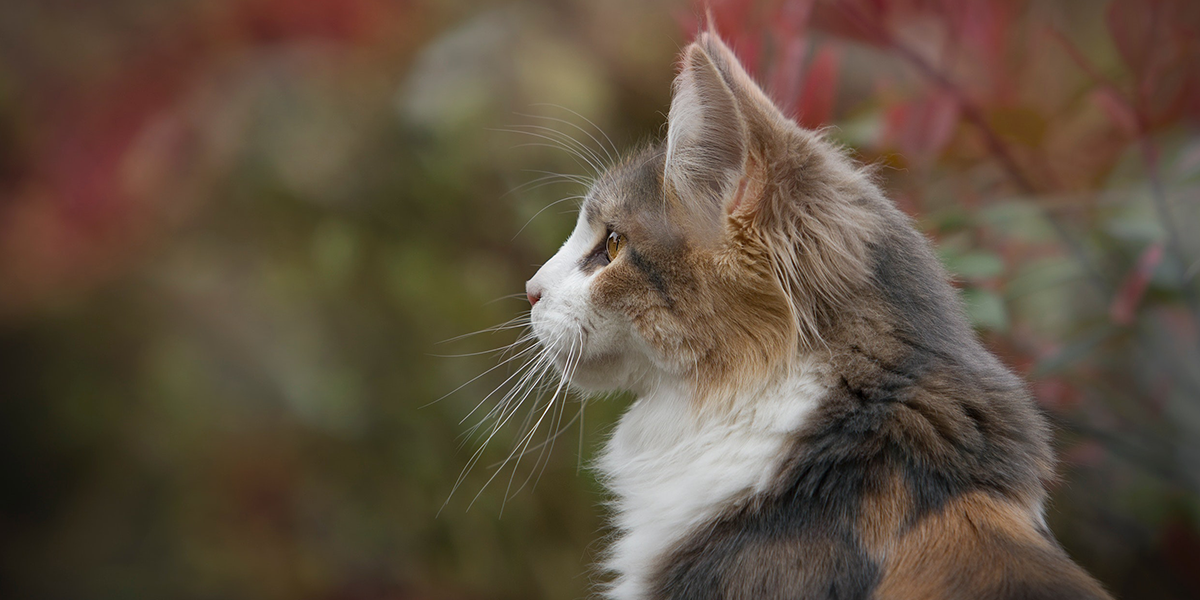
Upper Respiratory Infections Uris Cat Flu Information For Breeders International Cat Care

Cold Flu In Cats Bordetella Bronchiseptica We Are Family

Bordetella Bronchiseptica Pneumonia In Dogs A B D F And A Cat C Download Scientific Diagram
Bordetella Bronchiseptica Infection In Cats
Bordetella Bronchiseptica Infection In Cats
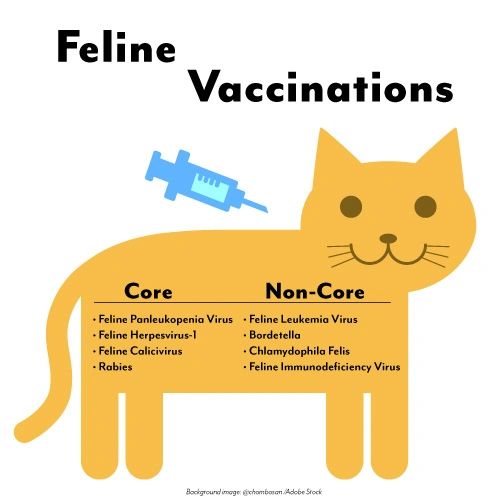
Vaccinating Your Cat What You Need To Know

Vaccination Of Cats Against Infectious Upper Respiratory Disease Today S Veterinary Practice

Vaccination Of Cats Against Infectious Upper Respiratory Disease Today S Veterinary Practice

Bordetella Bronchiseptica Everything You Need To Know With Photos Videos
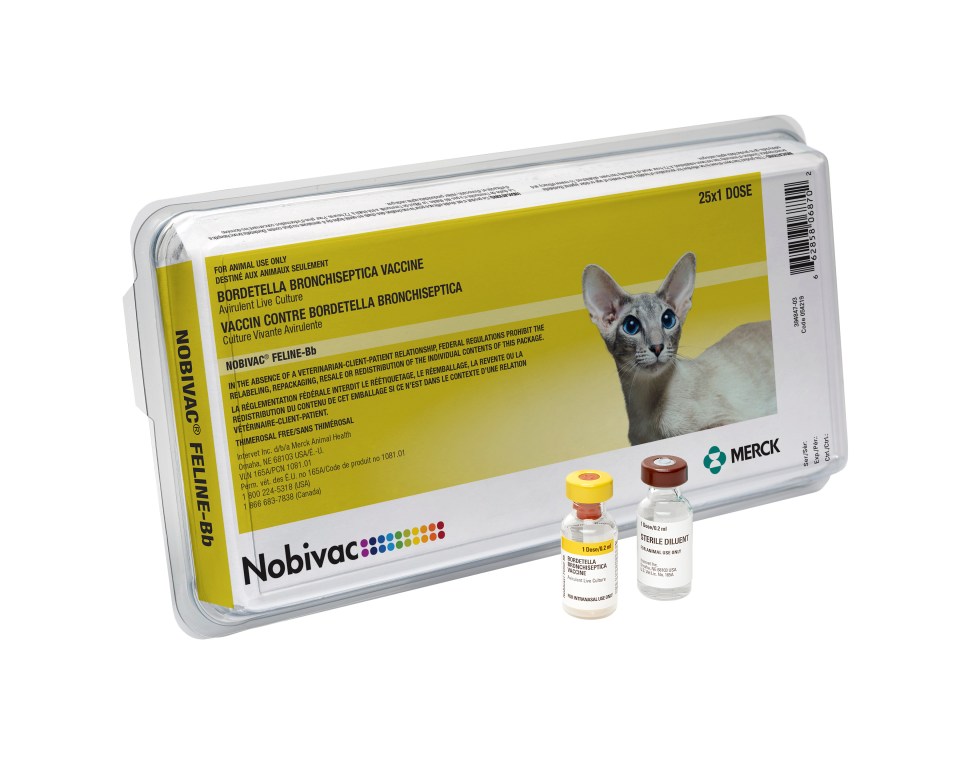
Bordetella Bronchiseptica Merck Animal Health Usa
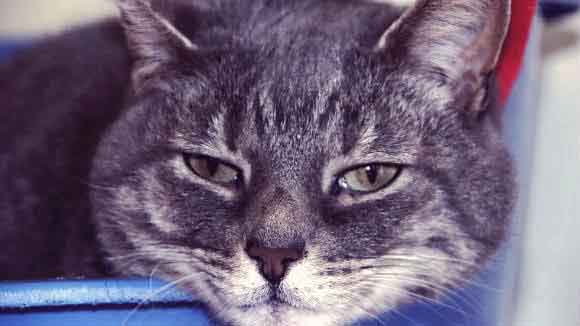
What Are Cat Flu Symptoms Petcarerx

Feline Upper Respiratory Infections Uri The Cat Hospital Of Media

Kennel Cough In Cats Symptoms Treatment Causes Diagnosis Excited Cats
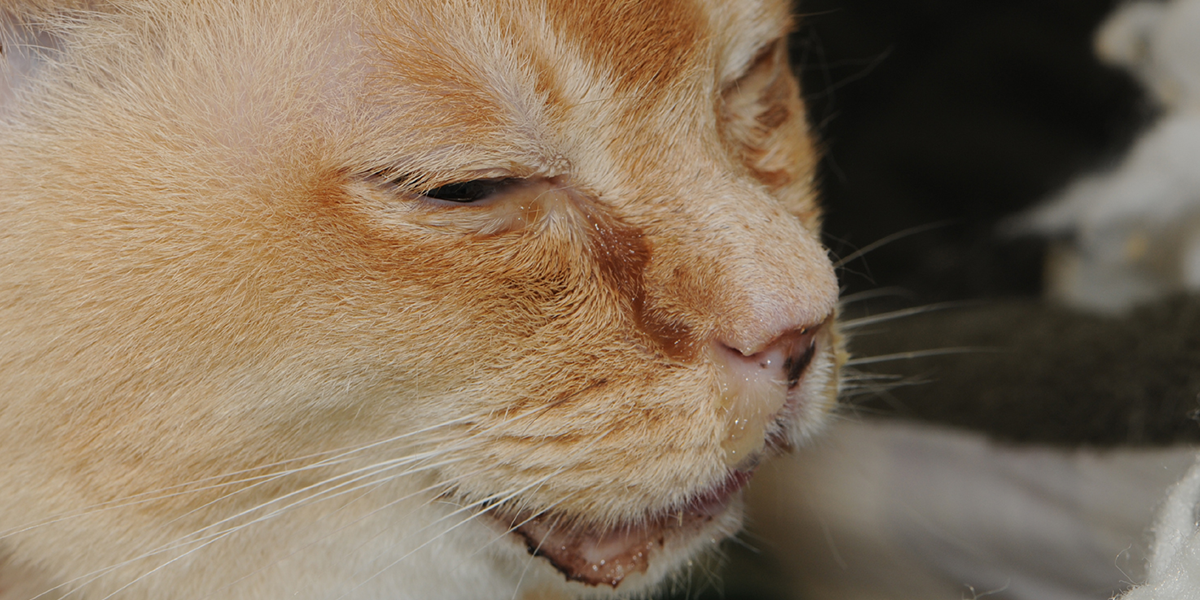
Cat Flu Upper Respiratory Infection International Cat Care
